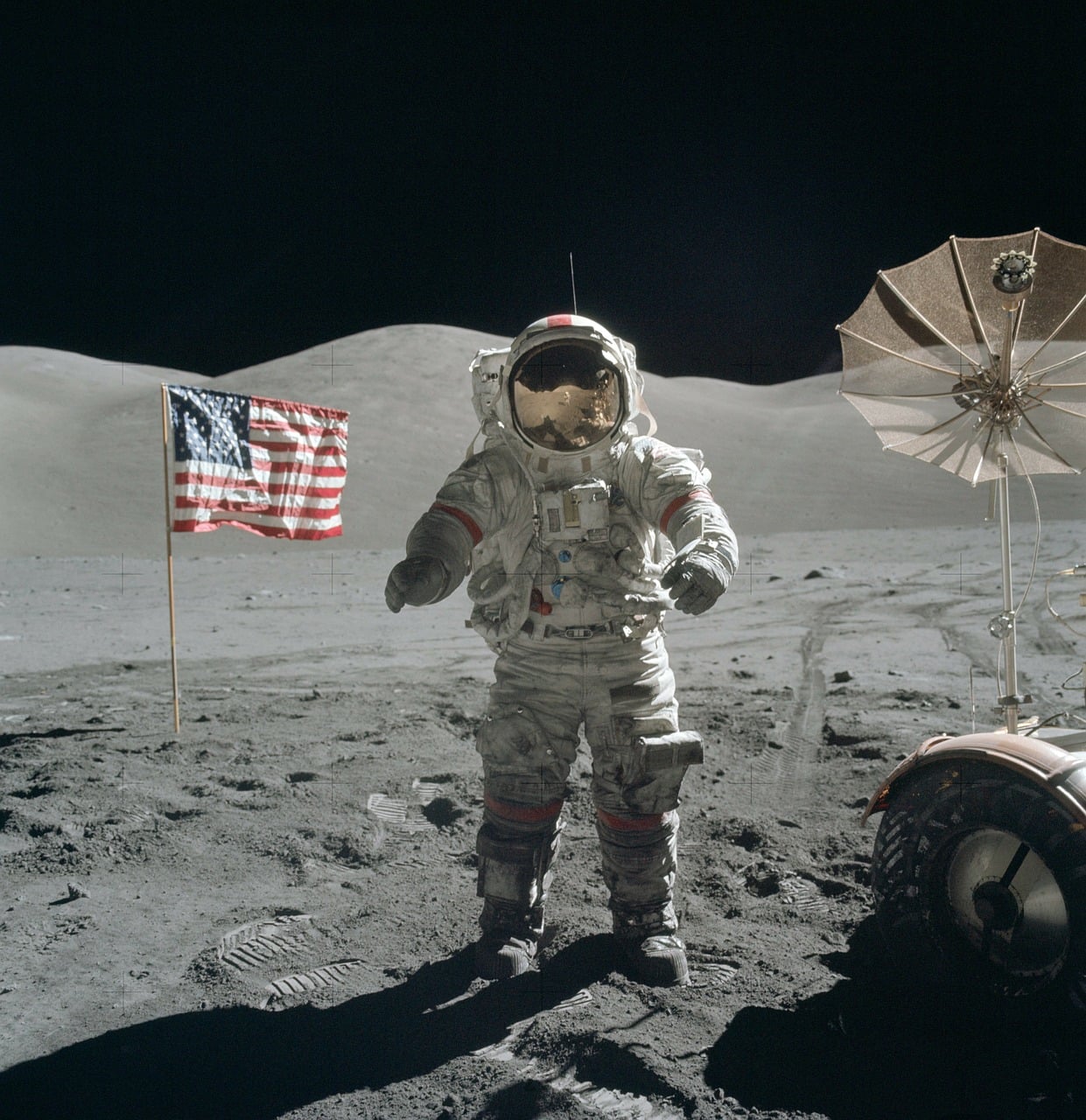NASA research has found that space travel to the International Space Station via the Space Shuttle caused the dormant herpes viruses to reactivate in many of the astronauts. Scientists were looking to answer the question of why space travel triggers herpes in astronauts, finding that more than half of the astronauts who traveled to the ISS experienced herpes.
“During spaceflight there is a rise in secretion of stress hormones like cortisol and adrenaline, which are known to suppress the immune system, ” study author Satish Mehta, a researcher at the Johnson Space Center, said in a press release. “In keeping with this, we find that astronaut’s immune cells – particularly those that normally suppress and eliminate viruses – become less effective during spaceflight and sometimes for up to 60 days after.”
The research looking into the triggering of herpes in astronauts was published in the journal Frontiers in Microbiology last month. Mehta, along with his team discovered that there were more herpes viruses found in the urine and saliva of astronauts compared to the tests taken before the space travel occurred. Scientists believe that space travel triggers herpes in astronauts because they experience a lot of stress while traveling.
“NASA astronauts endure weeks or even months exposed to microgravity and cosmic radiation – not to mention the extreme G forces of take-off and re-entry,” Mehta said in the press release. “This physical challenge is compounded by more familiar stressors like social separation, confinement and an altered sleep-wake cycle.”
However, even though the virus was detected in the saliva, blood and urine samples of half of the astronauts following space travel, symptoms of it actually occurring in space were rare. The study tested 89 astronauts, with only six of them experiencing the herpes virus while being in space, which is a rate of roughly 7%, the study stated.
Herpes symptoms have however became worse with astronauts spending longer amounts of time above the Earth. Those that didn’t spend as long a time on the International Space Station, didn’t experience as severe symptoms. That is, however, worrisome because NASA has great plans for further space travel to the moon and Mars, and this problem could impact those manned missions. Moreover, if herpes symptoms in astronauts increases with the time spent in space, deep space missions sound more challenging.
“While only a small proportion develop symptoms, virus reactivation rates increase with spaceflight duration and could present a significant health risk on missions to Mars and beyond,” reads the press release.
That said, researchers will have to develop countermeasures to fight the reactivation of the dormant herpes virus, as well as other viruses which could potentially awaken.
“Trials of other herpes virus vaccines show little promise, so our present focus is on developing targeted treatment regimens for individuals suffering the consequences of viral reactivation,” Mehta explained. “This research has tremendous clinical relevance for patients on Earth too. Already, our spaceflight-developed technologies for rapid viral detection in saliva have been employed in clinics and hospitals around the world.”





